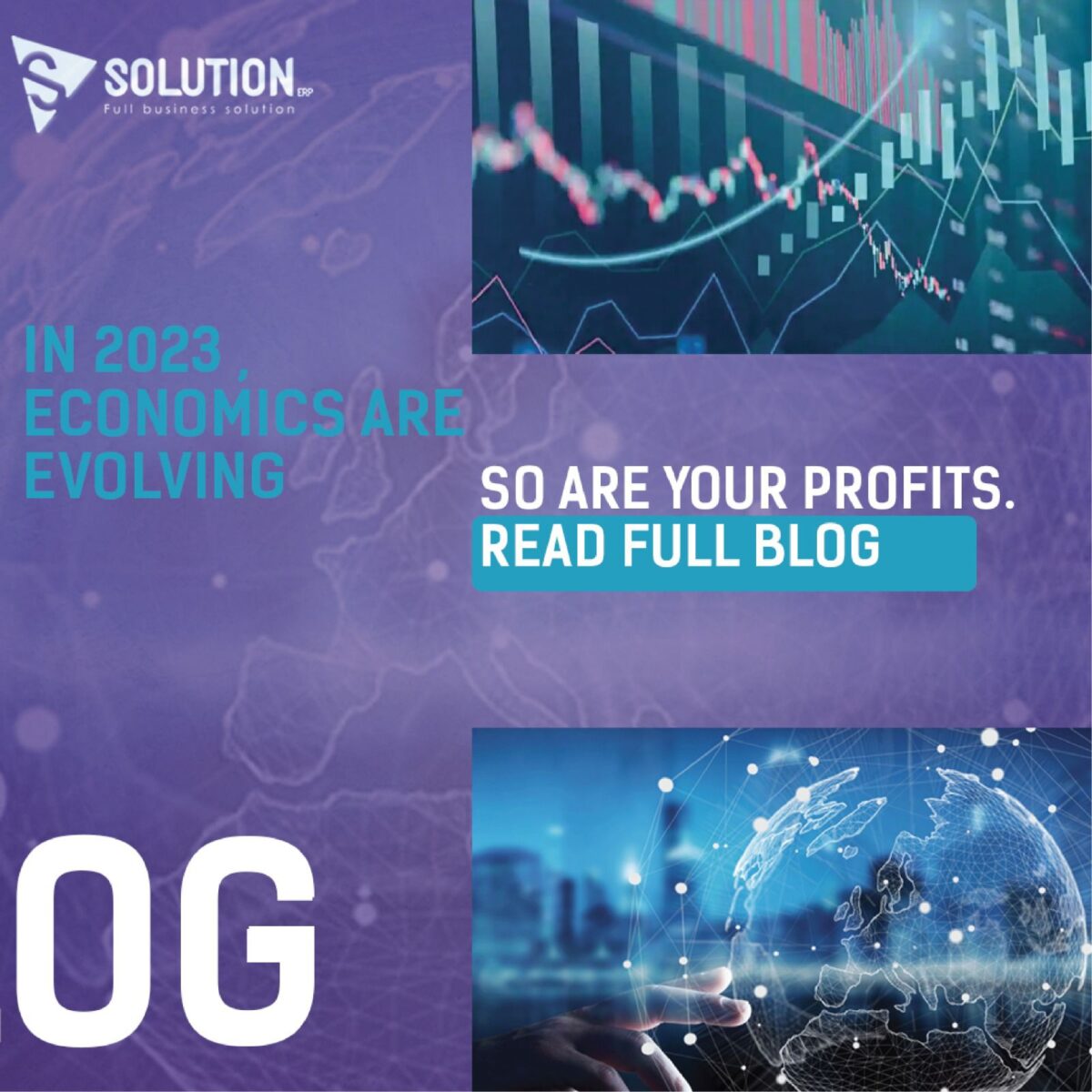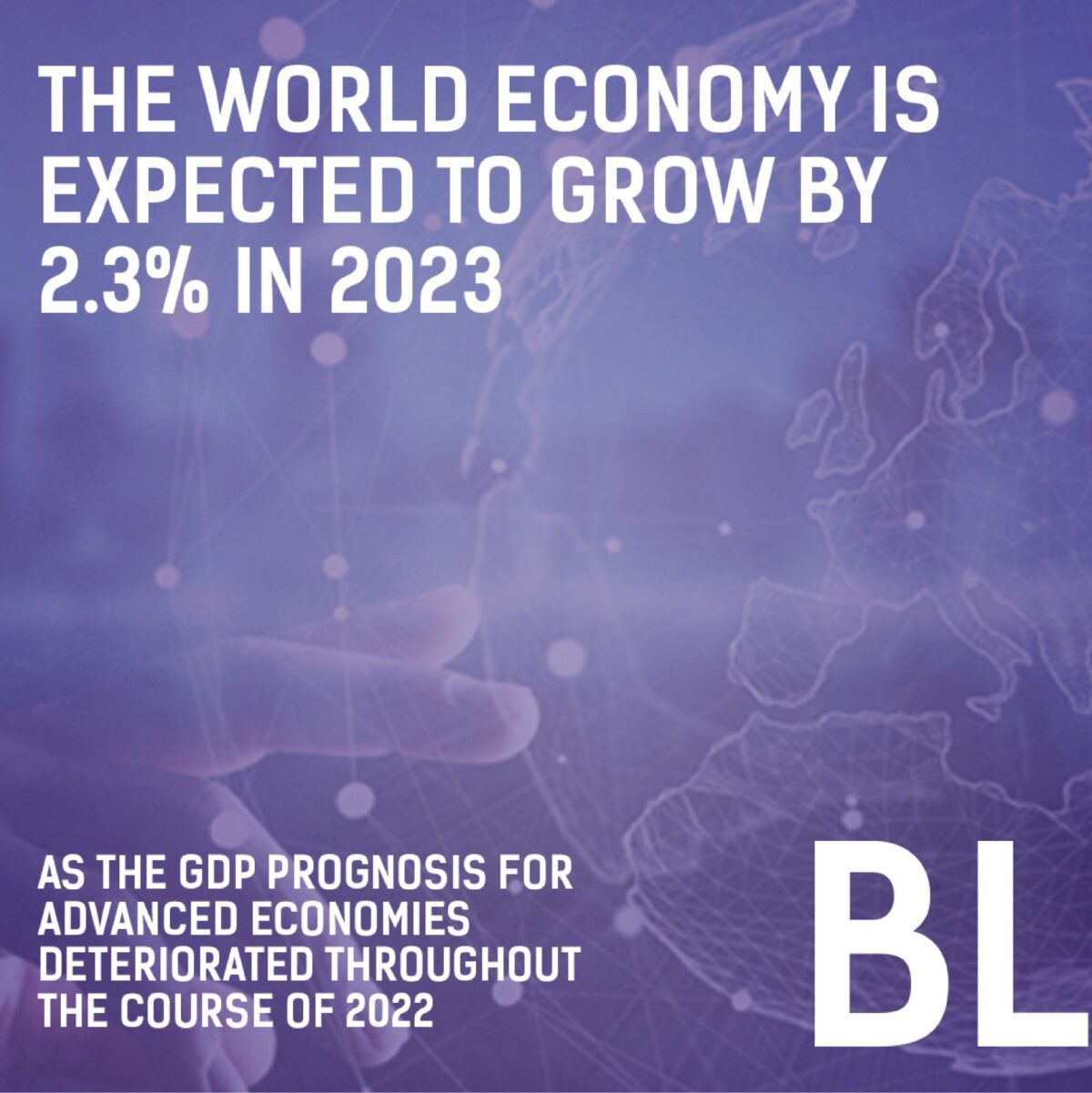Business Economic Prospects in 2023
The world economy is expected to grow by 2.3% in 2023, which is expected to be lower than the 3.3% recorded in 2022, making it one of the weakest global economic outlooks in decades. Despite being predicted to decline from 9.1% in 2022 to 6.8% in 2023, global inflation is still at all-time highs. The forecast for the global economy will be undermined by the high cost of living, rising interest rates, and continued geopolitical uncertainty, which will continue to hurt private consumption and investment in many regions of the world.
GDP Prospect
As the GDP prognosis for advanced economies deteriorated throughout the course of 2022, recession worries grew. Advanced economies are predicted to experience flat growth in 2023, despite exceeding forecasts in the last quarter of last year. That’s because steadily growing prices and rising borrowing costs will have an effect on businesses and consumers. This will further reduce their purchasing power and investment opportunities, significantly limiting economic growth.
Stock Market Prospect
Although the fundamentals survived these shocks, it is not projected that this year’s favorable economic environment would persist into 2023. Fundamentals are anticipated to worsen as monetary policy and financial conditions continue to tighten. The labor market is predicted to decrease and the unemployment rate to increase to about 5% as the economy is also predicted to undergo a moderate recession.
Inflation Prospect
Following a multi-decade high of 9.1% in 2022, worldwide inflation is predicted by Euromonitor International to drop to 6.8% in 2023. Amid ongoing pressures from rising oil and food prices, emerging and developing economies will continue to have extremely excessive inflation, coming in at 8.1% in 2023.
In advanced economies, inflation will continue to be well above trend at 5.2% as pricing pressures shift from items like energy, food, and consumer goods to services like dining and lodging.
The Conclusion
Over the course of 2023, weakening inflationary pressures will persist as a result of slowing demand and rising interest rates in the majority of the world’s economies. However, a number of concerns could in the short to medium term lead to a rise of inflation. The most immediate dangers are new supply disruptions brought on by the conflict in Ukraine and China’s reopening, which might exacerbate a generalized cost-of-living crisis. There are significant inflation concerns in the medium term due to increased geopolitical tensions, the restructuring of global supply chains, and an increase in the frequency of extreme weather occurrences.
Resources:
https://www.jpmorgan.com/insights/research/market-outlook


